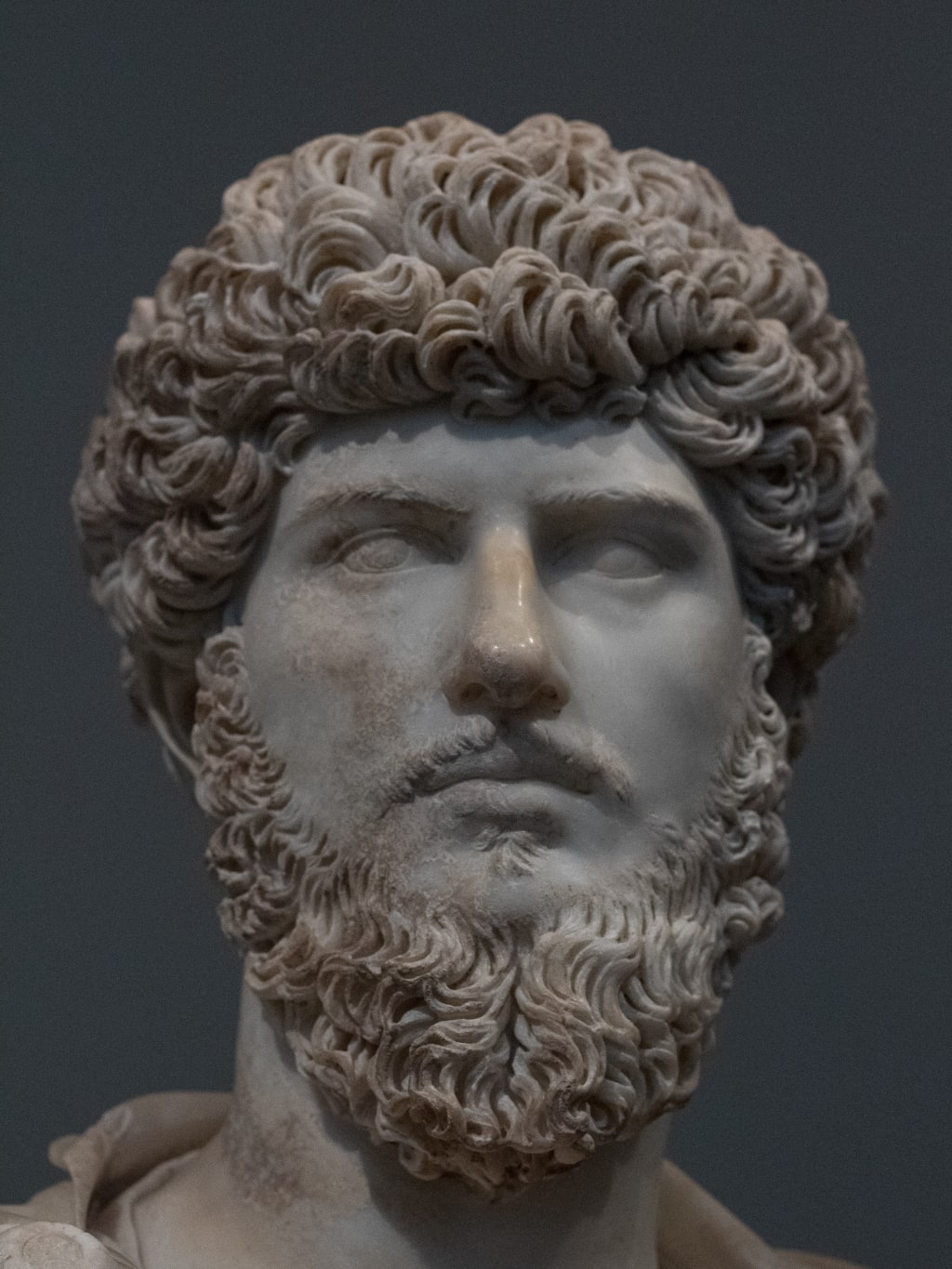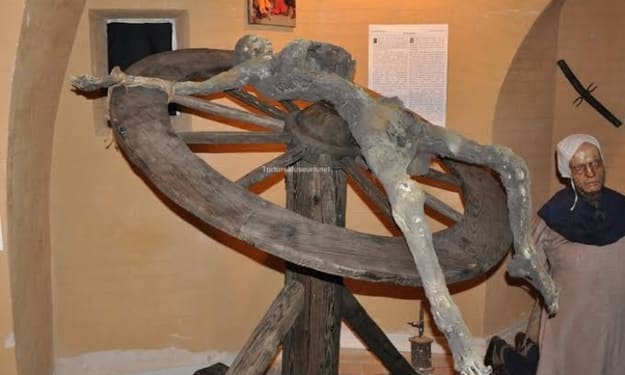How Did Zeus Die? [Truth Explained]
Unraveling the Mysteries of the King of the Greek Gods

The demise of Zeus, the almighty ruler of Mount Olympus and the chief of the Greek pantheon, has long intrigued scholars and mythology enthusiasts alike. Despite being an immortal god, the myths surrounding Zeus's eventual fate are shrouded in mystery. In this article, we will delve into the various interpretations and theories regarding the death of Zeus, exploring the rich tapestry of Greek mythology to uncover the truth behind this enigmatic legend.
The Immortal God
Before delving into the potential scenarios of Zeus's demise, it's essential to understand the concept of immortality in Greek mythology. The gods of Olympus were considered immortal, which meant they did not age, fall ill, or die of natural causes. However, they were not invulnerable to external threats, making the idea of Zeus's death a tantalizing possibility.
Theories and Myths
1. The Prophecy of Metis
One of the most prevalent theories surrounding Zeus's death revolves around the prophecy of Metis, the goddess of wisdom. According to the myth, Gaia, the Earth goddess, and Uranus, the sky god, foretold that if Metis gave birth to a child with Zeus, the child would overthrow him. Fearing this prophecy, Zeus tricked Metis into transforming into a fly and then swallowed her. Some argue that Metis's influence remained within Zeus and may have contributed to his eventual downfall.
2. The Divine Struggle
Another theory suggests that Zeus's death could have resulted from a divine struggle among the gods themselves. In Greek mythology, power struggles and conflicts among the deities were not uncommon. It's possible that a coalition of gods, led by Hera or another powerful deity, conspired against Zeus and ultimately brought about his downfall.
3. The End of the Age of Gods
Greek mythology often incorporates the idea of cyclical ages, where each age ends with a cataclysmic event. The death of Zeus could be seen as the culmination of one such age, signaling the transition to a new era. This theory is symbolic and represents the eternal cycle of life, death, and rebirth.
4. Zeus's Self-Sacrifice
In a more symbolic interpretation, some scholars suggest that Zeus's death was a voluntary act. He may have chosen to relinquish his divine power and immortality to restore balance to the universe. This self-sacrifice would be in line with the themes of heroism and selflessness often depicted in Greek mythology.
The Enigmatic Conclusion
While these theories offer intriguing insights into the possible scenarios surrounding Zeus's death, it's important to note that Greek mythology is rich with symbolism and allegory. The concept of Zeus's death may not be a literal one but rather a metaphorical representation of the transition of power, the cyclical nature of existence, or the complexity of divine beings.
Conclusion
In the world of Greek mythology, the death of Zeus remains an enigmatic and thought-provoking subject. Whether viewed as a literal event or a symbolic representation, it serves as a reminder of the depth and complexity of ancient myths. Zeus, as the king of the gods, continues to captivate our imagination, and the mystery surrounding his fate only adds to his enduring allure.
FAQs (Frequently Asked Questions)
1. Was Zeus really immortal?
While Zeus and the other gods of Olympus were considered immortal in the sense of not aging or dying of natural causes, they were not invulnerable to external threats or divine struggles.
2. What role did Metis play in Zeus's fate?
Metis's prophecy played a significant role in the theories surrounding Zeus's death. Her wisdom and potential influence on Zeus's actions are subjects of speculation.
3. Did Zeus have any notable enemies among the gods?
Zeus had conflicts and rivalries with various gods, including his wife Hera and his father Cronus. These relationships could have played a role in his mythological fate.
4. What is the significance of the end of the age of gods?
The concept of cyclical ages in Greek mythology signifies the eternal cycle of creation, destruction, and renewal. Zeus's death may symbolize the transition from one age to another.
5. Is there any historical evidence of Zeus's death?
Greek mythology is a product of ancient storytelling and belief systems, and there is no historical evidence to support the actual death of Zeus as a historical event.
About the Creator
Exotic History
Welcome to Exotic History, where the past comes alive with vibrant stories and intriguing narratives. We are your gateway to a world of captivating historical accounts, adventures, and forgotten tales that span the globe.






Comments
There are no comments for this story
Be the first to respond and start the conversation.